Boost Glutathione: Your Body’s #1 Anti-Aging Compound
Do you want to age gracefully?
Better yet, how would you like to shock people when you reveal your age?
Then get serious about boosting your levels of glutathione.
Your Body’s Antioxidant Factory and Potent Purifying Agent
Glutathione (glu-tuh-THIGH-own) is known as the body’s “master antioxidant and detoxifier” and for good reason. In addition to performing the critical task of neutralizing free radicals, glutathione also:
- Breaks down highly toxic and damaging compounds including, peroxide and xenoestrogens like bisphenol-a (BPA)
- Protects and repairs cell membranes and DNA from damage
- Binds to carcinogens, aiding in their removal from the body
- Participates in immune function
- Recycles antioxidants – including vitamins C and E – back to their active forms
However, in order to reap the benefits of this health guardian, your must provide your body with the right starting materials including: cysteine, glycine and glutamic acid.
Of these three precursors, glutamic acid and glycine are available in abundant amounts. Cysteine, on the other hand, becomes depleted quickly. When this happens, glutathione production grinds to a halt, effectively hastening the aging process.
===> World’s #1 Most Dangerous Food (Stop Eating It)
Fuel Up Your Antioxidant Artillery with These Five Powerful Anti-Aging Foods
The good news is that you can keep your “master antioxidant and detoxifier” working for you by enjoying delicious anti-aging foods including:
- Grass-Fed Whey Protein Isolate: Whey is rich in proteins, which are a concentrated source of sulfur-containing amino acids. But heating and pasteurizing destroys the delicate bonds that make these proteins active in the body. Look for “undenatured” grass-fed whey, like Jay Robb’s whey protein or buy raw, unprocessed whey from your local Weston A. Price chapter. (Learn more about protein powders here)
- Cruciferous Vegetables: This family of veggies (which includes broccoli, Brussels sprouts, cauliflower and others) is especially high in organosulfur compounds which provide potent glutathione-inducing power.
- Organic, Pasture-Raised Eggs: Eggs are a perfect protein and provide the necessary precursor for glutathione. While cooked eggs still offer many benefits, heating denatures the protein and reduces the potency of many vital nutrients (including the important omega-3 DHA, as well as carotenoids). Try enjoying them raw whirled in a smoothie.*
- Garlic: This potent bulb is packed with organosulfur compounds like allicin and sufides which boost glutathione production. For maximum benefit, enjoy organic garlic freshly pressed and let it stand 5 minutes to allow the healing compounds to form.
- Turmeric: This essential ingredient in curry contains a powerful antioxidant called curcumin. Studies show that curcumin can increase glutathione levels by turning on the genes that make glutamate cysteine ligase (GCL) – the enzyme required in glutathione synthesis.
Foods High in Glutathione
In addition to regularly enjoying the foods that help your body make more glutathione, there are foods that are high in glutathione (values per 100g) including:
- Avocado (31 mg)
- Watermelon (28 mg)
- Asparagus (26 mg)
- Grapefruit (15 mg)
- Acorn squash (14 mg)
- Orange (11 mg)
- Tomato (11 mg )
- Cantaloupe (9 mg)
There is a caveat: Much of glutathione is degraded during digestion, so you are better off giving your body the starting materials it needs to manufacture glutathione – and not rely on foods or supplements with pre-formed glutathione to get your supply.
And speaking of supplements…

Supplement to Top Off Your Glutathione Supply
Certain supplements have been found to boost glutathione by supplying co-factors, protecting the liver (your glutathione factory), and recharging antioxidants including:
- The Thistle Family: Milk thistle and artichokes contain compounds like silymarin that are natural liver detoxifiers and help to prevent the depletion of glutathione.
- N-Acetyl-Cysteine (NAC): This supplement is derived from L-cysteine and acts as a precursor to glutathione. Because NAC is so good at reducing liver toxicity, it is the standard emergency room treatment for Tylenol-induced liver failure.
- Alpha-Lipoic Acid: Known as the “mother antioxidant”, alpha-lipoic acid re-charges oxidized antioxidants including vitamins C and E and increases levels of glutathione in cells.
- Selenium: This cancer-fighting mineral is a co-factor in glutathione. Low levels of selenium in your diet, means low levels of glutathione produced in your body. The best source of selenium is Brazil nuts – with one ounce providing 767% of the daily requirement. Many veggies contain selenium, but the content of selenium in foods is directly related to the selenium in the soil—which is greatly depleted. In addition to enjoying Brazil nuts, wild salmon, wild halibut, shrimp and crab provide excellent sources of selenium as well.
- Vitamin C: Vitamin C supplementation (500 mg/d) recycles the glutathione back to its “active” form in the blood.
Exercise for More Antioxidant Protection
In addition to enjoying anti-aging foods and adding smart supplements, there’s something else you need to do to boost glutathione: exercise!
In addition to the many well-established benefits of vigorous exercise, it also revs up your production of disease-fighting, anti-aging glutathione. So get moving!
Biological Age Doesn’t Equal Physical Age
Getting older doesn’t have to be synonymous with physical aging. In fact, if you’ve been eating a poor diet for years and commit to making the healthy changes we suggest at Healing Gourmet, you can see a dramatic improvement in your appearance in as little as one week.
Dark circles will diminish, puffiness will reduce and your skin will feel more supple. And that’s with just a few simple changes!
As we learn more about anti-aging at the cellular and genetic levels, the opportunities for us to grow more beautiful and youthful over time aren’t the stuff of science fiction movies. They are becoming a reality.
Learn more about how you can slow physical aging and stay healthy into your golden years in our Anti-Aging center.
*NOTE: While salmonella poisoning from eggs is very rare (0.003%), you can reduce your risk by: (1) Eating only cage-free, hormone-free eggs. (2) Never eat the egg if the shell is cracked. (3) Eat only eggs that roll. (4) Do not eat the egg if it smells at all. And (5) Eat only eggs that have a gel-like white and a firm, round yolk.
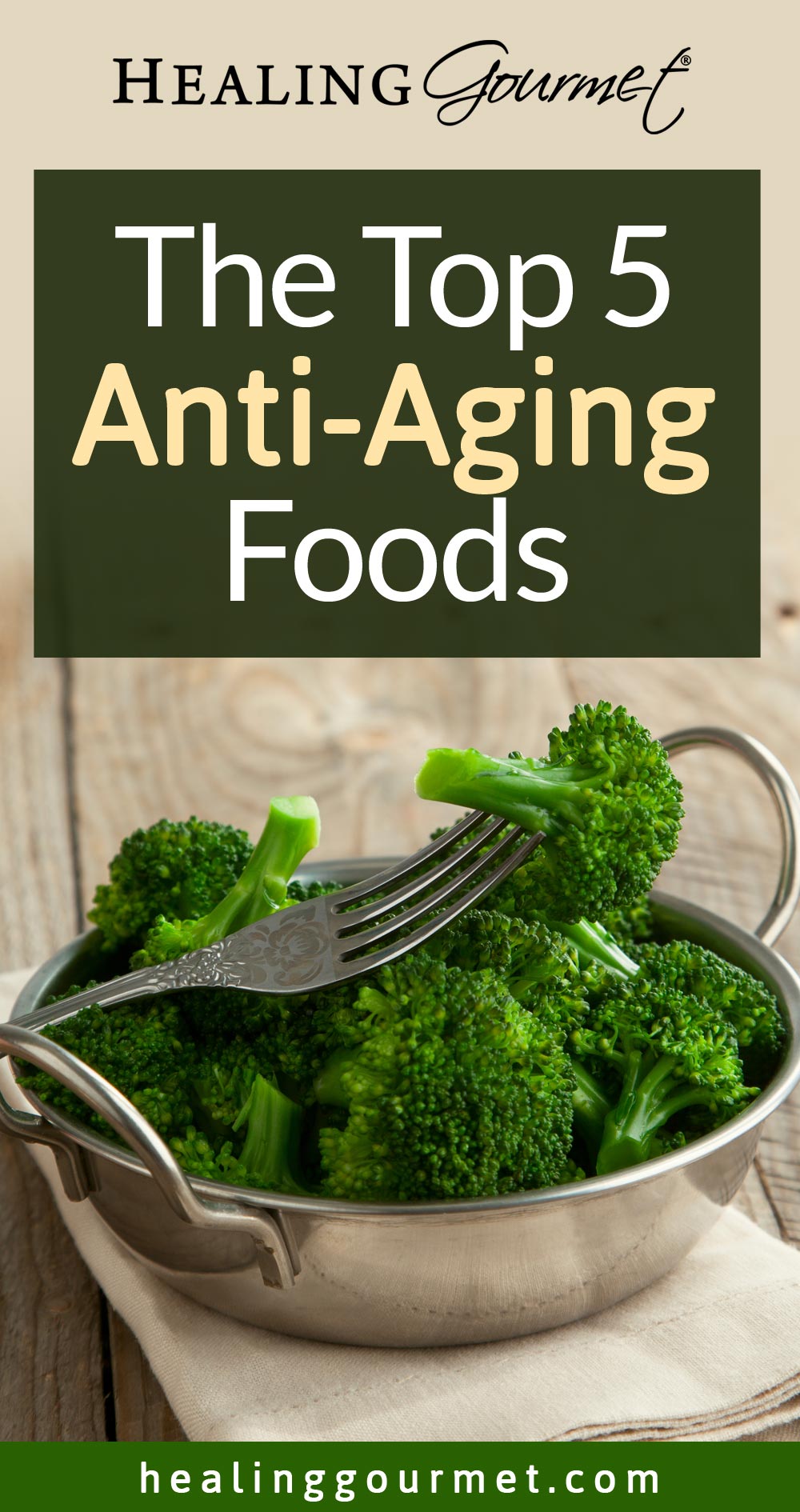
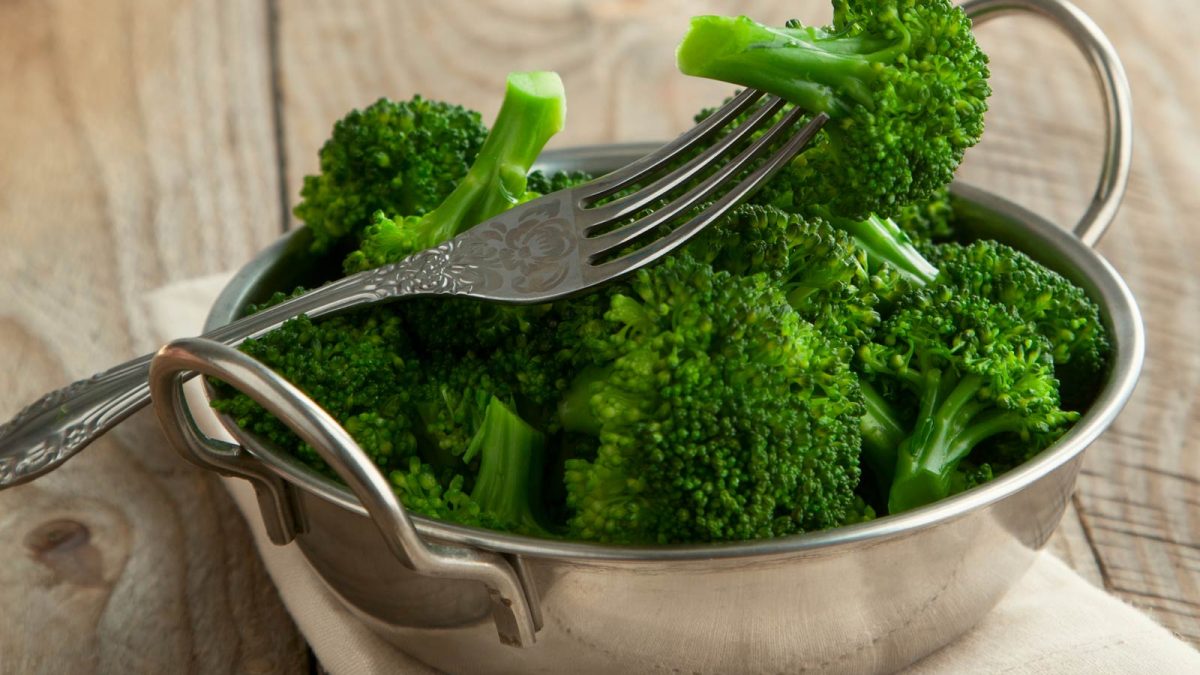
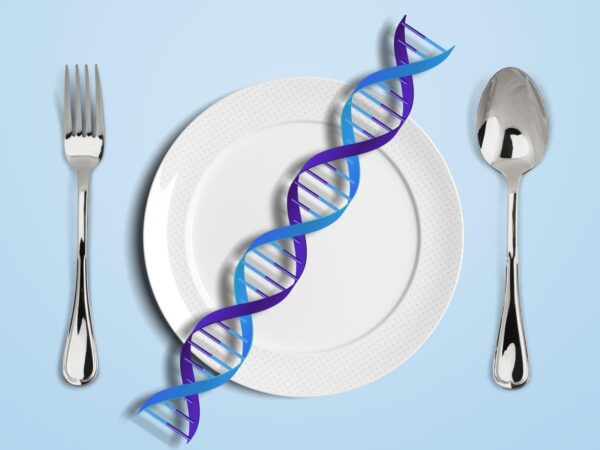
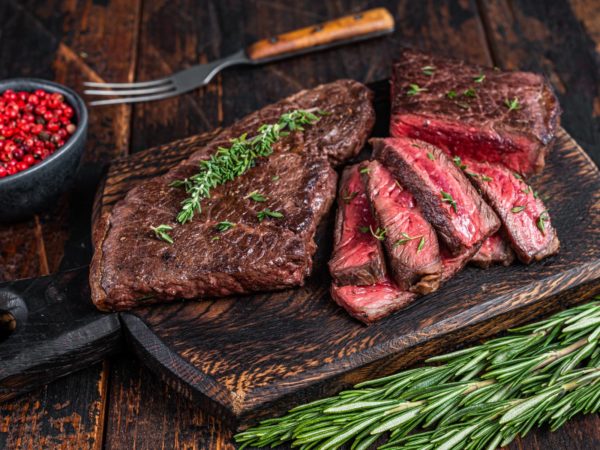
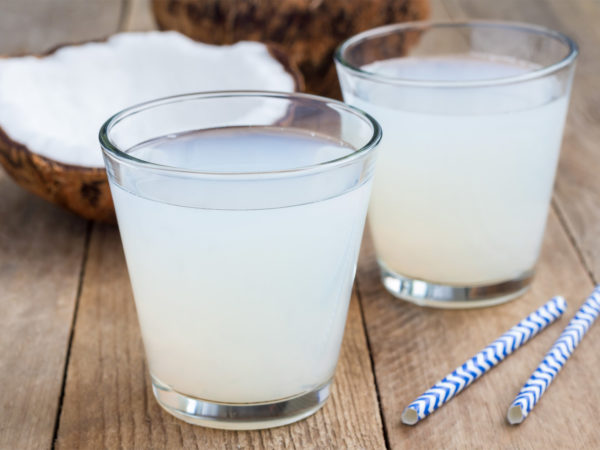
I like your website, which I found by Googling (chicken pressure cooker). Just doing one now.
Can I make a request? “recent research suggests” means nothing to me, so can you cite your sources please? who said it? who has verified it? where can I find details of this research? and most of all, “Recent research has shown that”, is much better than “recent research suggests”.
Thanks.
Looking forward to that tasty chicken.
Hi Chris,
This page does not contain the phrase “recent research suggests”. Further, the references of any article we publish can be found at the bottom of the page under “References”.
Kelley
Great presentation on glutathione and foods. I did not realise the importance of this tripeptide in helping our immunity- especially against covid.
Hi, I’m new here, I’d like to receive regular updates on this site. Thanks.